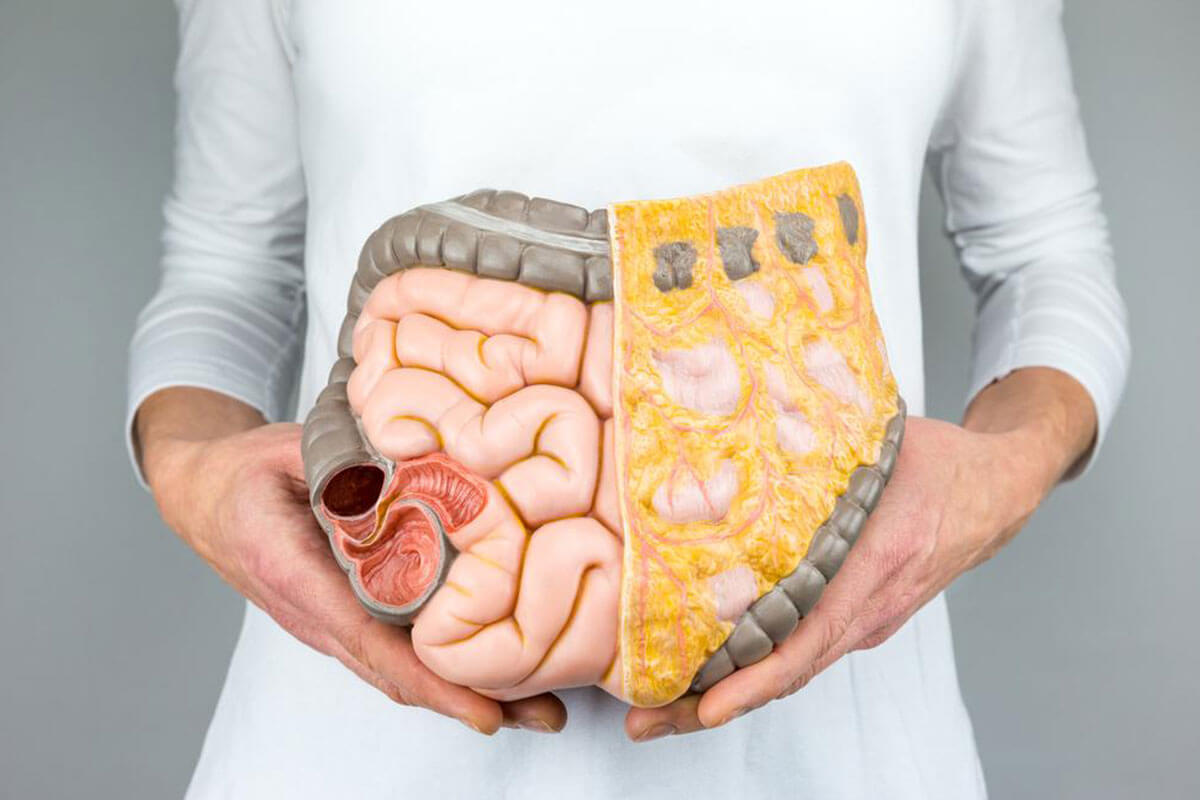Reduce Your Stomach Cancer Symptoms with these Dietary Changes

What you eat can have a considerable influence on your stomach cancer symptoms. Here are some tips to help you choose the right foods.
Stomach cancer, which is also referred to as gastric cancer, is the cancer that occurs in your stomach, and it can be of various types. Adenocarcinoma is the most commonly diagnosed form of stomach cancer, and it starts in the mucus-producing cells that are found on the inside lining of your stomach. The usual stomach cancer symptoms include feeling bloated after meals, stomach pain, nausea, severe and chronic heartburn, and indigestion.
Along with the conventional treatment and following your doctor’s advice, some lifestyle changes can also contribute to reducing your stomach cancer symptoms. A healthy lifestyle is important, and what you eat forms a major part of this. Your diet can be significantly effective in reducing or worsening your stomach cancer symptoms, so if you have not been paying much attention to what you eat and don’t eat, it may be time to start doing so. There is no single specific diet that can prevent or heal the disease, but taking some care to know what works well for you and what makes your stomach cancer symptoms worse can go a long way in keeping the symptoms under control.
Here are some tips about your diet that can help you battle stomach cancer and manage the symptoms well. However, remember that what worked for another stomach cancer patient may not be effective for you, so experimenting is the best way to know which foods are good for you and which aren’t. Also, ensure that you talk to your doctor before making any major dietary changes, as certain foods may cause interactions with the medications you are on and cause a flare-up of your stomach cancer symptoms.
- Include plenty of omega-3 fatty acids: If you are suffering from stomach cancer, you need to provide your body with ample quantities of omega 3 fatty acids, as these fats can help to lessen the growth of cancerous cells inside your stomach. Consuming sufficient quantities omega-3 fatty acids is an important part of fighting stomach cancer symptoms using your diet, so ensure that you are getting the right amount. Foods that are rich in these fatty acid certain types of cold water fish (salmon, mackerel, tuna, etc.), soybeans, flaxseeds, tofu, walnuts, cauliflower, and Brussels sprouts.
- Add fruit juices to your diet: Freshly-squeezed fruit juices have a high vitamin C content, which is beneficial for stomach cancer patients. In addition, these juices contain antioxidants that work toward cleansing toxic bacteria from your body. This is the reason why people with stomach cancer are advised to add fresh fruit juices in their regular diet. Moreover, the juices will help you have regular bowel movements and keep you hydrated, things that are important if you are trying to battle stomach cancer symptoms. However, opt for home-made fresh juices and avoid the canned, store-bought ones as they contain artificial sweeteners and preservatives.
- Opt for green tea: Green tea is made from the Camellia sinensis plant and researchers have found that this kind of tea contains polyphenols or catechins, which are antioxidant substances that hamper the development of cancer cells in your body. So consider switching your regular tea or coffee to green tea in order to combat stomach cancer symptoms the natural way. Drinking a few cups of green tea everyday also has a host of other health benefits, so start including the beverage in your diet as soon as you can.
- Have smaller meals at frequent intervals: In some cases, people who have had stomach cancer surgery experience problems in eating and drinking. This is because the liquids that a person consumes pass into the small intestine much faster than usual, causing a condition known as dumping syndrome . This syndrome can cause additional stomach cancer symptoms like bloating, nausea, diarrhea, cramps, and dizziness. If you too have been experiencing such problems, opting for smaller meals at more frequent intervals throughout the day can help reduce the symptoms. Also, try to drink fluids before or after your meals rather than during the meal. Stay away from processed foods, sugar, and aerated drinks.
Staying away from alcohol, tobacco, and packaged foods and including lots of colorful fruits and vegetables in your regular diet are some more ways in which you can not only battle stomach cancer symptoms, but improve your overall health as well.



